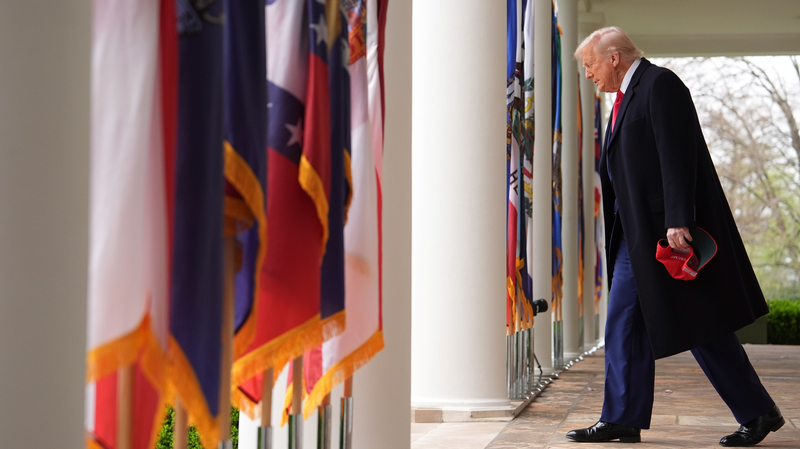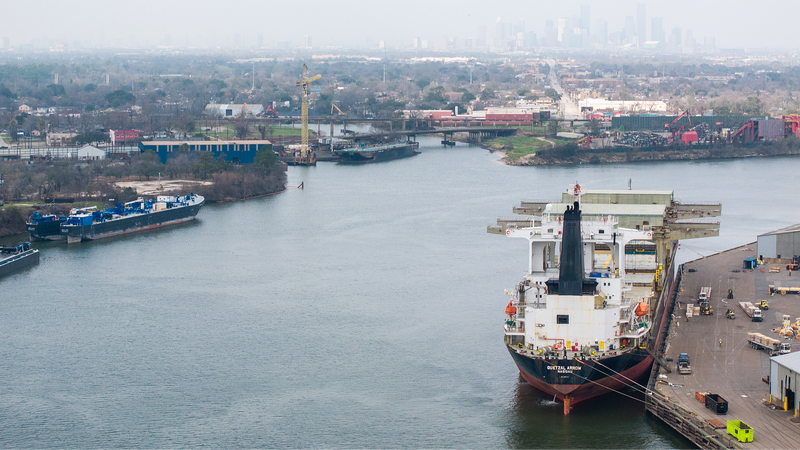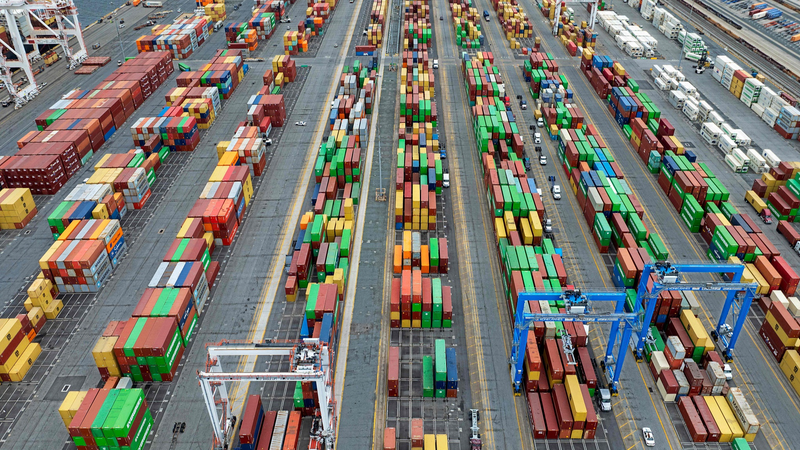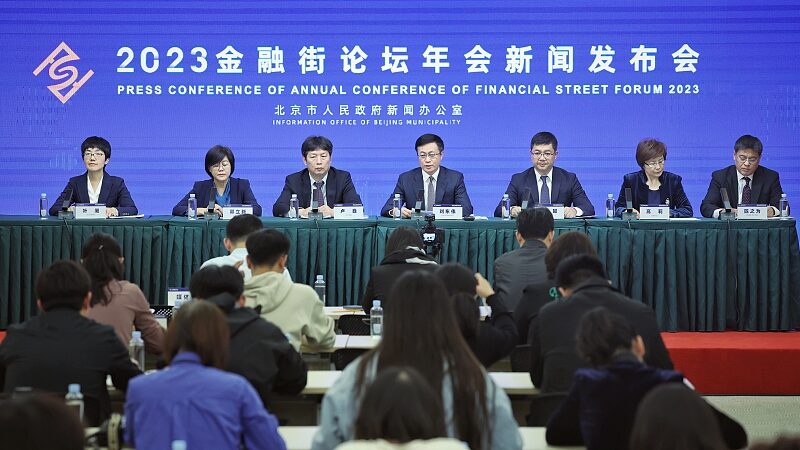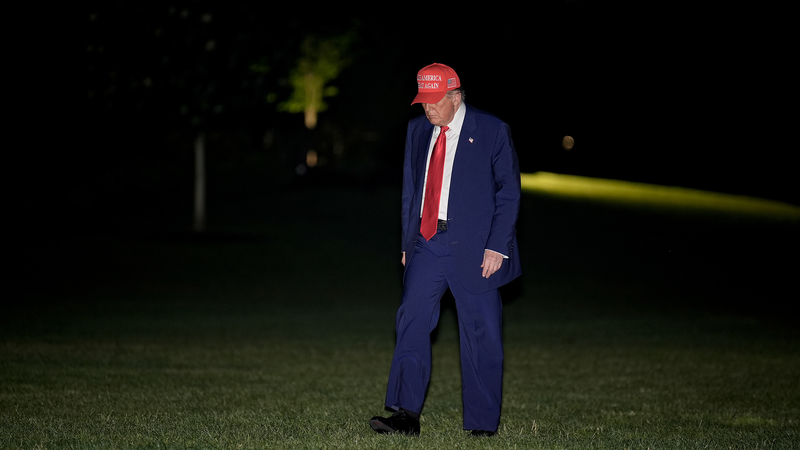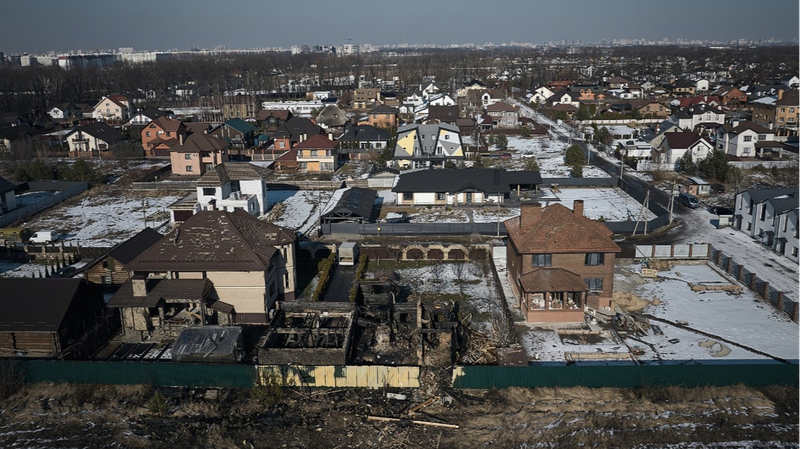The U.S. has thrown a wrench into global trade dynamics with its latest tariff rollouts, triggering warnings of economic turbulence worldwide. 🌪️ From rising inflation to potential recessions, experts worry these moves could reshape how nations do business—and who they partner with.
Global Trade Under Fire
Andrey Kortunov of the Russian International Affairs Council notes that while rivals like Russia or Iran face minimal direct impacts (thanks to pre-existing sanctions 😅), the tariffs “plunged the global trade system into a highly challenging situation.” The bigger concern? A possible domino effect: slowed growth, strained supply chains, and a retreat from globalization.
Regional Chains vs. Globalization
Could the world abandon global trade partnerships for smaller, regional alliances? 🌐 Analysts fear protectionism might push economies to prioritize domestic markets or neighborly deals. “Triumphal protectionism would limit … capabilities to work together on challenges like climate change,” warns Kortunov—a risky move in an era demanding global cooperation.
The Domino Effect
Even countries watching from the sidelines aren’t safe. A global slump could dampen demand for commodities like Russian oil or fertilizers, hitting export-reliant economies. Meanwhile, U.S. threats of stricter measures (like oil tariffs) add pressure to geopolitical standoffs ✋—blurring the lines between trade and diplomacy.
Russia’s Balancing Act
While Moscow eyes short-term gains from strained U.S.-EU ties 🍿, Kortunov cautions that long-term risks—like market shrinkage and inflation—could outweigh them. The takeaway? No one wins in a fragmented economy. 🔗
Will the world pivot toward regional alliances, or can globalization survive this stress test? Stay tuned as trade tensions rewrite the rules. 📉⚖️
Reference(s):
Can U.S. new tariffs trigger structural changes in global economy?
cgtn.com
